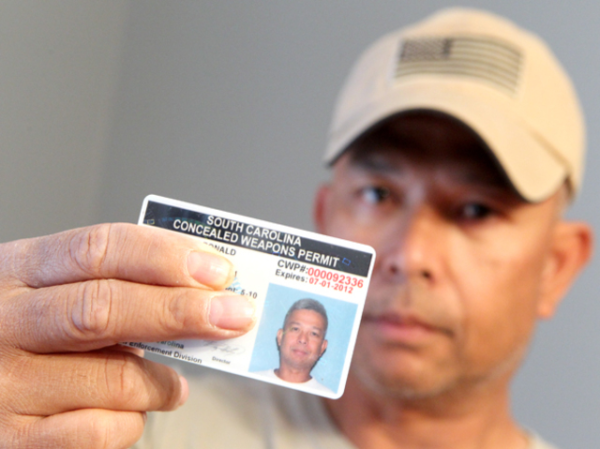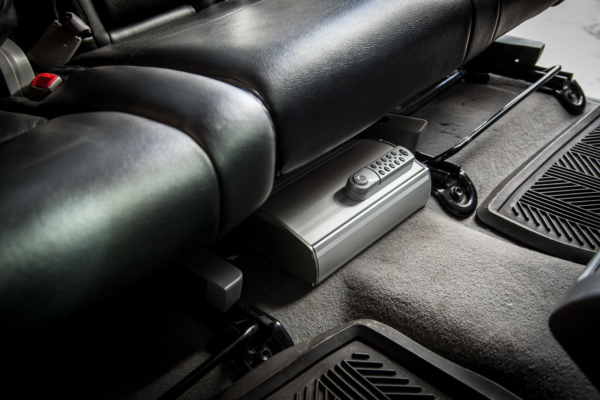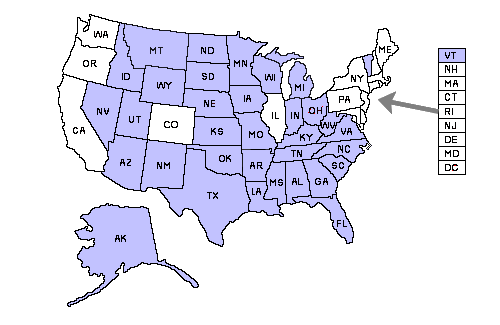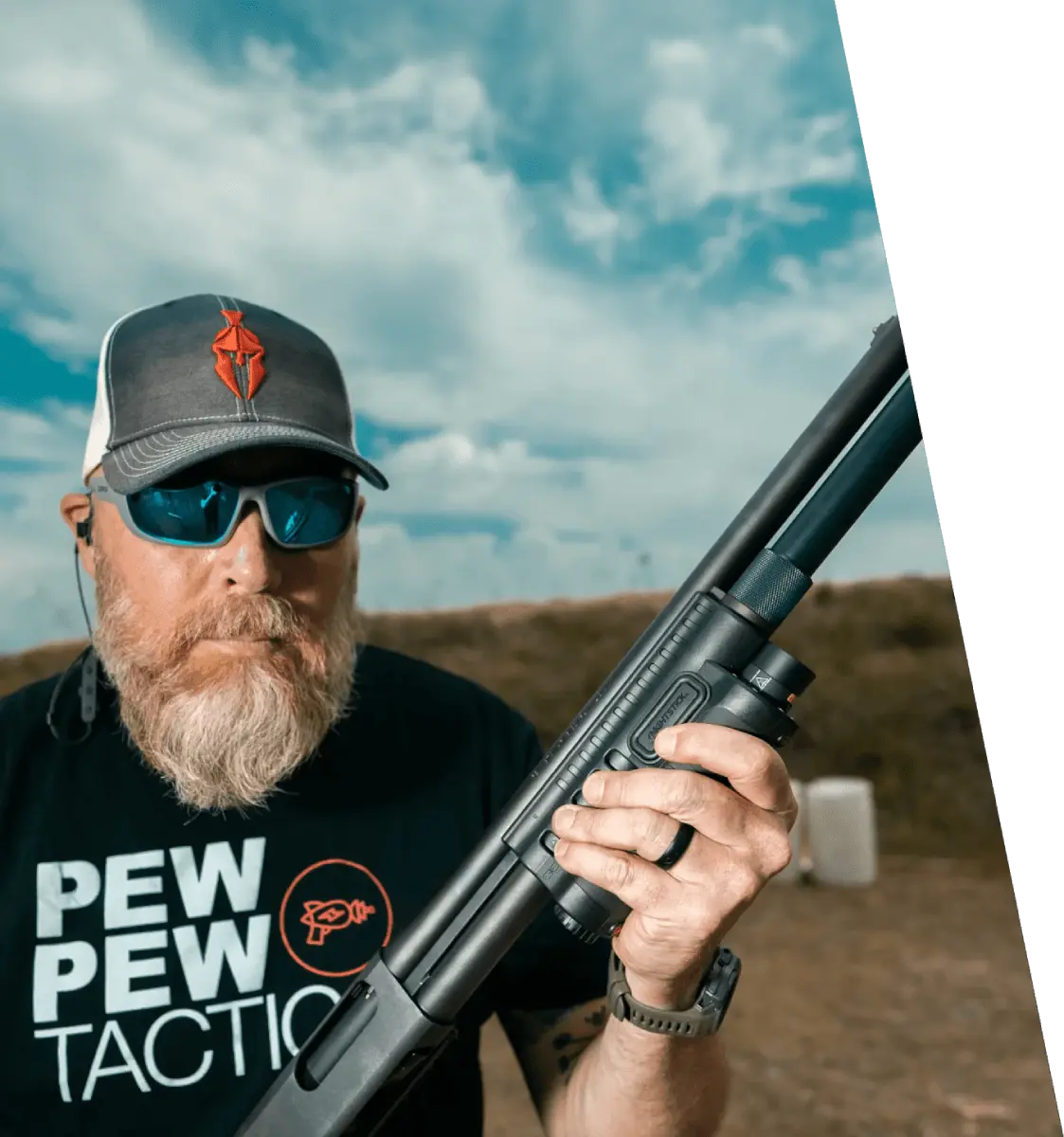
First Things First
Before even getting to the actual requirements for a CCW permit (actually a Concealed Weapons Permit) from South Carolina, you’ll want to make sure you are qualified for one. No point in sending in your application (and the fee!) only to be denied because you aren’t even qualified! Both residents and non-residents of South Carolina can be issued a CWP. Non-residents, however, have to either own property in the state, or be in the military and on permanent change of station orders. If you don’t meet those requirements, you will automatically be denied a CWP. If you do meet the requirements, then there’s some additional good news: South Carolina is a shall-issue state. That means, as long as you met the residency requirements, and the application is filled out correctly, you will be issued a CWP!Application Requirements
The application itself, once you’ve determined whether you are qualified for a CWP, is filed with the State Law Enforcement Division (SLED). The easiest way is to actually just apply online, and since you’re on this website, you can get to the SLED website too! To apply for a Concealed Weapons Permit, you must:- Be 21 or older;
- Provide a valid South Carolina driver’s license; and
- Provide proof of training.
- Information on the statutes and case law of the state regarding handguns and the use of deadly force;
- Handgun use and safety;
- Proper storage practice for handguns, including storage that reduces the possibility of accidental injury to a child; and
- Actual firing of the handgun in the presence of an instructor.
- Have basic military training (with your DD214 form);
- Are retired law enforcement;
- Are an NRA-certified or SLED-approved course instructor;
- Are an active duty police handgun instructor; or
- Are a member of the active or reserve military, or the National Guard.

The Waiting Game
Once you’ve submitted your application with all of the required information and documentation (fingerprints, etc.), you will need to wait about 90 days before you get a decision back. If you’ve done everything correctly, you should get a shiny new CWP in the mail. If not, you’ll get a letter telling you why you were denied. Usually denials are due to something being left out of the application, so make sure you triple-check everything! Once you fix everything, or hopefully didn’t make any mistakes at all in the first place, and have your CWP in hand, you’ll just need to remember to keep it on you at all times, and renew your permit every 5 years!Where do you think you’re going?
Even if you have a CWP, there are still some places that you and your handgun will have to avoid. A concealed weapon, even with a permit, is not allowed in:- Law enforcement, correctional, or detention facilities;
- Courthouses and courtrooms;
- Polling places on election days;
- Offices or business meetings of the governing body of a county, school district, or municipality (i.e. City Hall);
- School or college athletic events not related to firearms;
- Daycare or preschool facilities;
- Churches or other places of worship, unless given permission by the appropriate officials;
- Hospitals, medical clinics, or any other facility where medical services or procedures are performed; or
- Places clearly marked with a sign prohibiting the carrying of a concealable weapon on the premises.
One More Thing
Even though you are allowed to bring your concealed firearm into establishments that sell alcohol for consumption (i.e. a bar, not just a liquor store), you cannot drink while you’re in the bar or restaurant if you are carrying. If you want to join your friends for a couple drinks, then you may want to leave your handgun in your car safe (you have one, right?).
Reciprocity
One of the most important features of a CWP! A South Carolina CWP is recognized by a little over half of the states in the US, so there’s a good chance that you will be able to bring your trusty sidearm with you on your next trip. A South Carolina CWP is recognized in:- Alaska
- Arizona
- Arkansas
- Florida
- Georgia
- Idaho
- Kansas
- Kentucky
- Louisiana
- Michigan
- Mississippi
- Missouri
- New Mexico
- North Carolina
- North Dakota
- Ohio
- Oklahoma
- South Dakota
- Texas
- Tennessee
- Virginia
- West Virginia
- Wyoming







